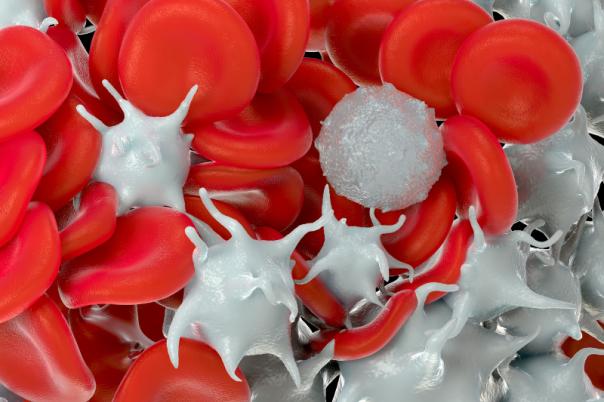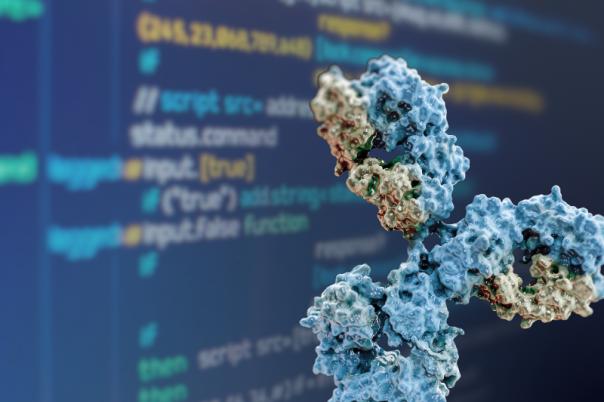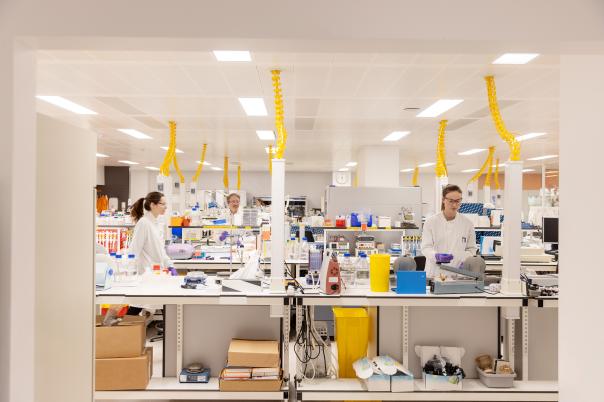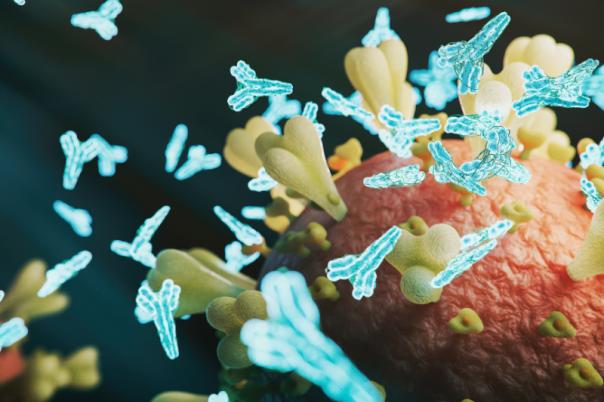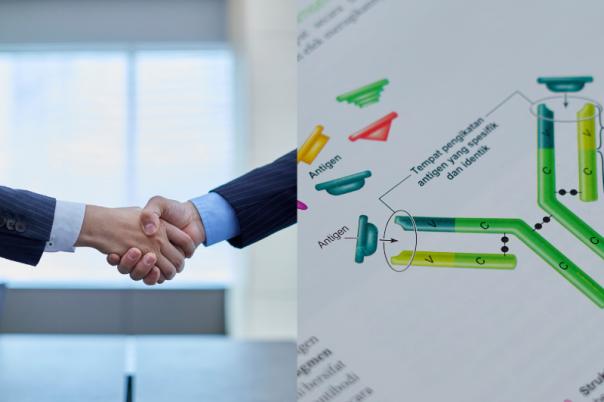Vincenzo De Filippis began this presentation by introducing Hydrogen-Deuterium Exchange Mass Spectrometry (HDX-MS) as a rapidly growing technique in structural biology, used to investigate protein conformation, dynamics, and binding sites in various interactions. HDX-MS had been successfully employed in the comparative analysis of therapeutic proteins, assessing the effects of mutations and experimental conditions on protein conformation.
De Filippis explained the mechanism of HDX-MS, which involved the exchange of backbone amide hydrogens with deuterium in a deuterated buffer solution. This allowed for monitoring protein flexibility and accessibility. He detailed the workflow, which included preparing protein samples, quenching the exchange reaction, and analysing deuterated fragments through mass spectrometry.
He discussed specific protein systems analysed using HDX-MS, such as myoglobin, alpha-synuclein, and transthyretin. These studies highlighted the relevance of HDX-MS in understanding amyloidosis and anticoagulant antibody interactions. De Filippis elaborated on transthyretin, a plasma protein involved in amyloidosis, and how HDX-MS data revealed the flexibility of specific regions correlating with proteolysis susceptibility.
He also covered the identification of regions in prothrombin that interacted with anticoagulant antibodies, demonstrating how HDX-MS could elucidate conformational changes in zymogens. De Filippis concluded by emphasising the power of HDX-MS in structural biology and biomedicine, providing insights into protein dynamics and interactions critical for therapeutic developments.


